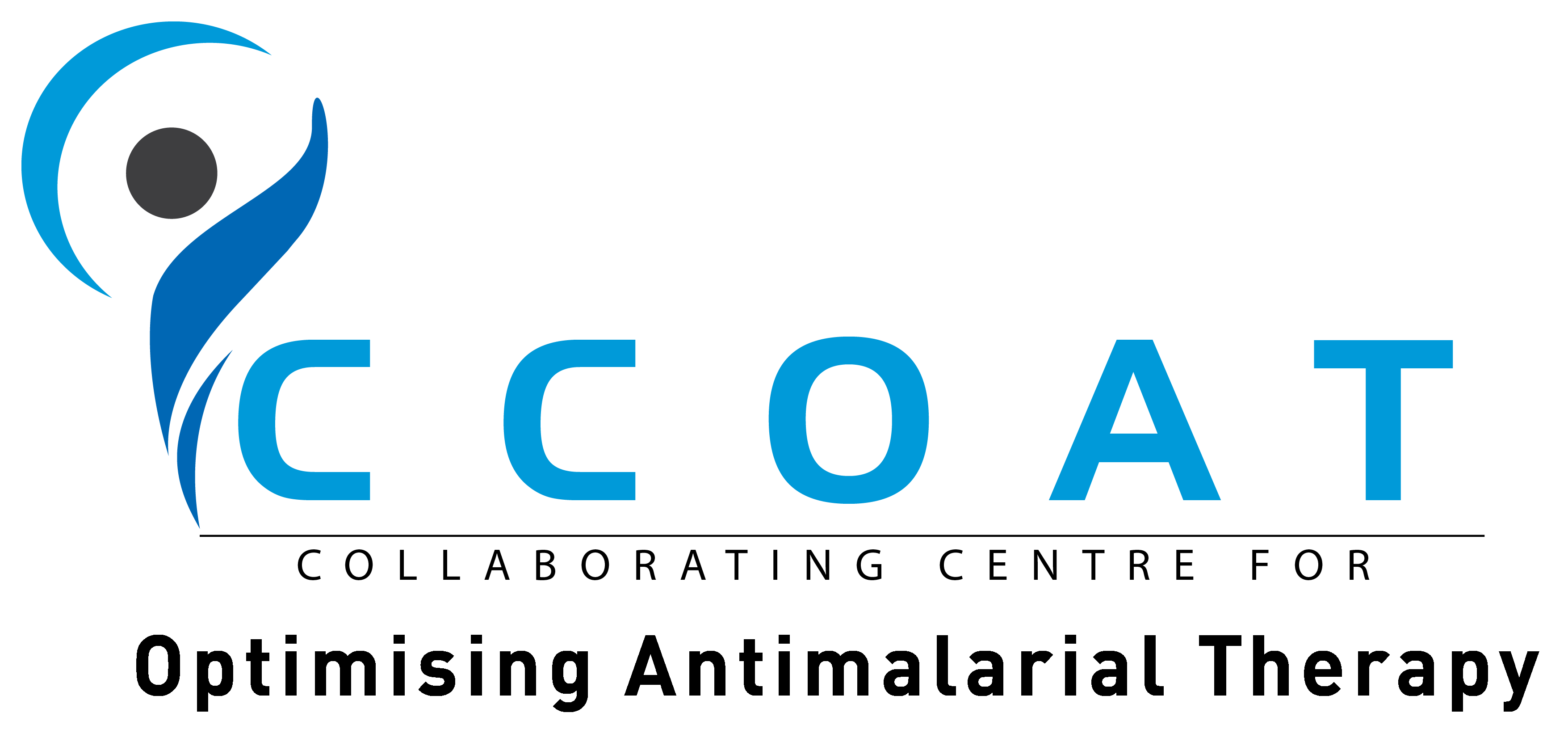OPTIMAL Study successfully concludes, marking a major step in malaria prevention research, Chikwawa, Malawi


The OPTIMAL study, a landmark pharmacokinetic (PK) single-blinded controlled trial, was officially concluded after successfully completing enrollment, follow-up, and a close-out monitoring visit. The study was led by Dr. Clifford Banda and a team of two clinicians, three nurses, a lab scientist, and a lab technician, supported by the Malawi Liverpool Wellcome Program and its community engagement unit.
This study aimed to optimise dihydroartemisinin-piperaquine (DP) dosing for malaria preventive treatment in Malawian infants and is expected to provide critical insights for malaria control efforts in sub-Saharan Africa using chemoprevention.
Study completion and retention rates
Enrollment commenced on February 16, 2023, and the team successfully enrolled all 220 infants as planned. The follow-up concluded on February 4, 2025, achieving an impressive retention rate of 94% in the intervention group and 90% in the control group.
Key preliminary findings
Tolerability
The study found no significant differences in tolerability between the intervention and placebo groups, with 53% of adverse events occurring in the intervention arm compared to 47% in the control arm.
Malaria and anaemia outcomes
The incidence of malaria was low across both groups, with a slightly higher rate observed in the control arm, though the difference was not statistically significant. Additionally, there was a trend towards higher hemoglobin levels and lower anemia prevalence in the intervention group, although this difference was not statistically significant.
Awaiting PK analysis

In addition to conducting malaria tests using microscopy and polymerase chain reaction (PCR) techniques, the study also collected pharmacokinetic (PK) samples to assess the concentration of the intervention drug, piperaquine, at specific time points.
These PK samples have now been dispatched to the Mahidol-Oxford Tropical Medicine Research Unit (MORU) in Thailand for detailed analysis. The outcomes of this analysis will be vital in determining the most effective dosing strategies for preventing malaria in infants.
Acknowledgments and future implications
The OPTIMAL research team extends its gratitude to the study participants, caregivers, healthcare workers, and all stakeholders who contributed to the study’s success. The findings will play an essential role in informing malaria prevention strategies, optimizing dosing guidelines, and supporting policy decisions at national and global levels.
Team achievements
As part of the OPTIMAL study’s commitment to capacity building, two key research team members, Mphatso Kantonya and Mayamiko Kapulula, have successfully completed their master’s programs with support from the project. Their academic advancement highlights the study’s broader impact beyond research, contributing to the development of skilled professionals in the field of clinical research and epidemiology.

